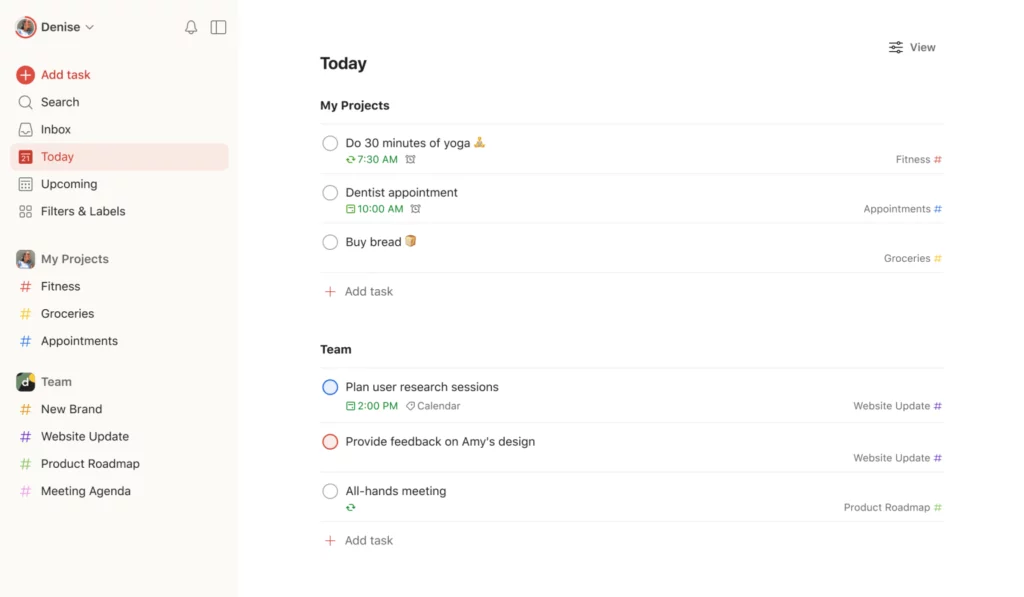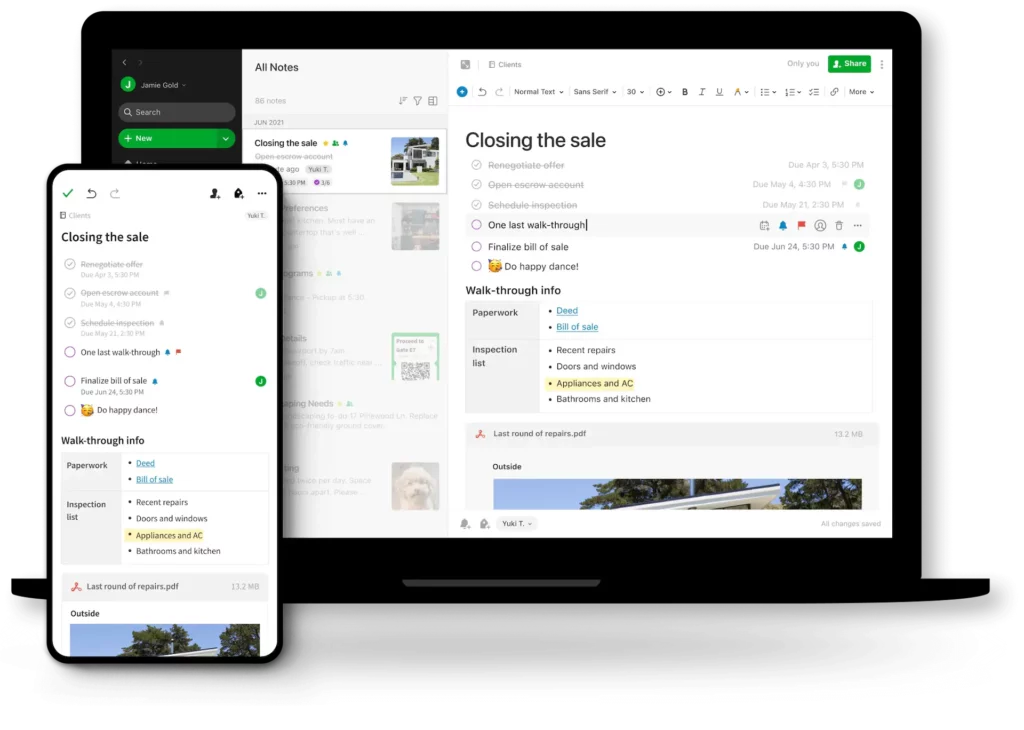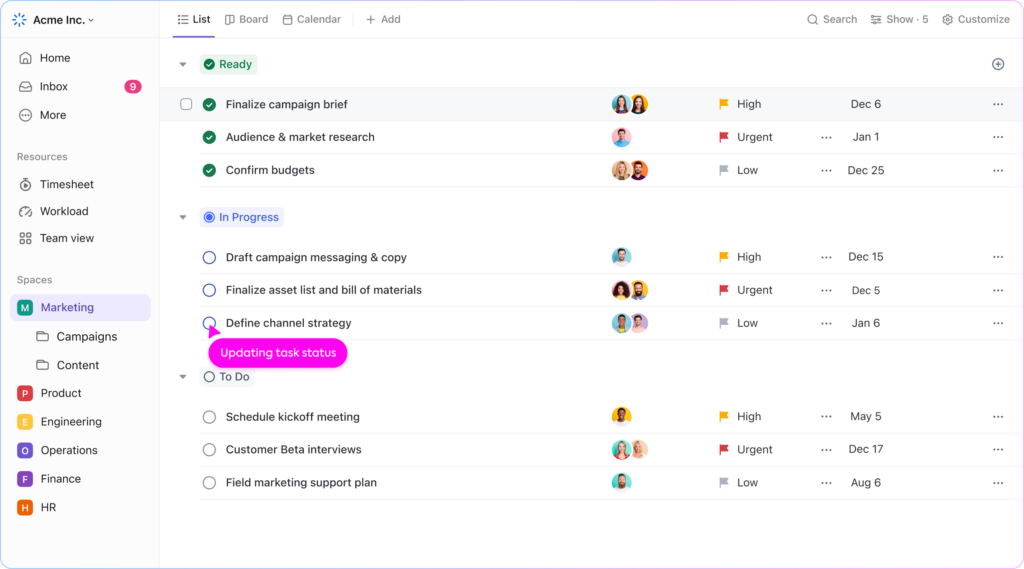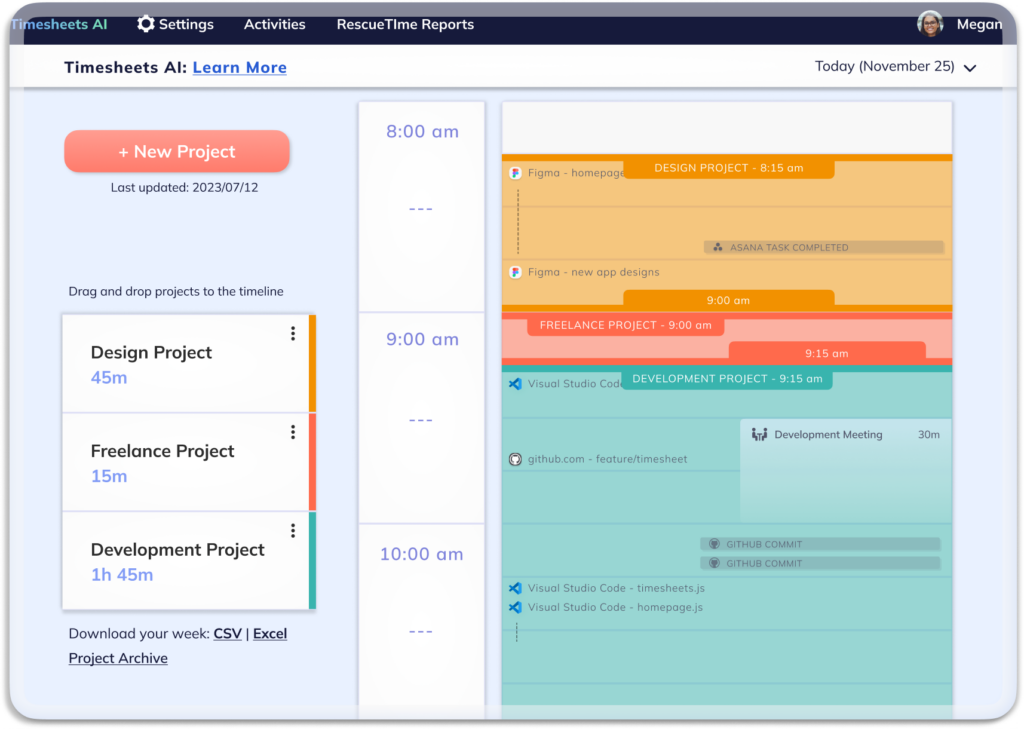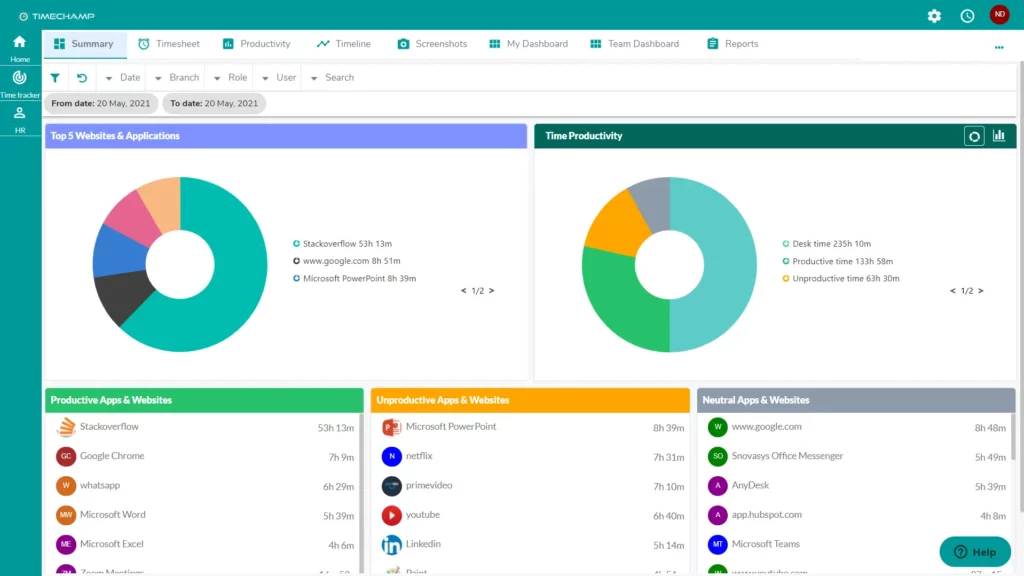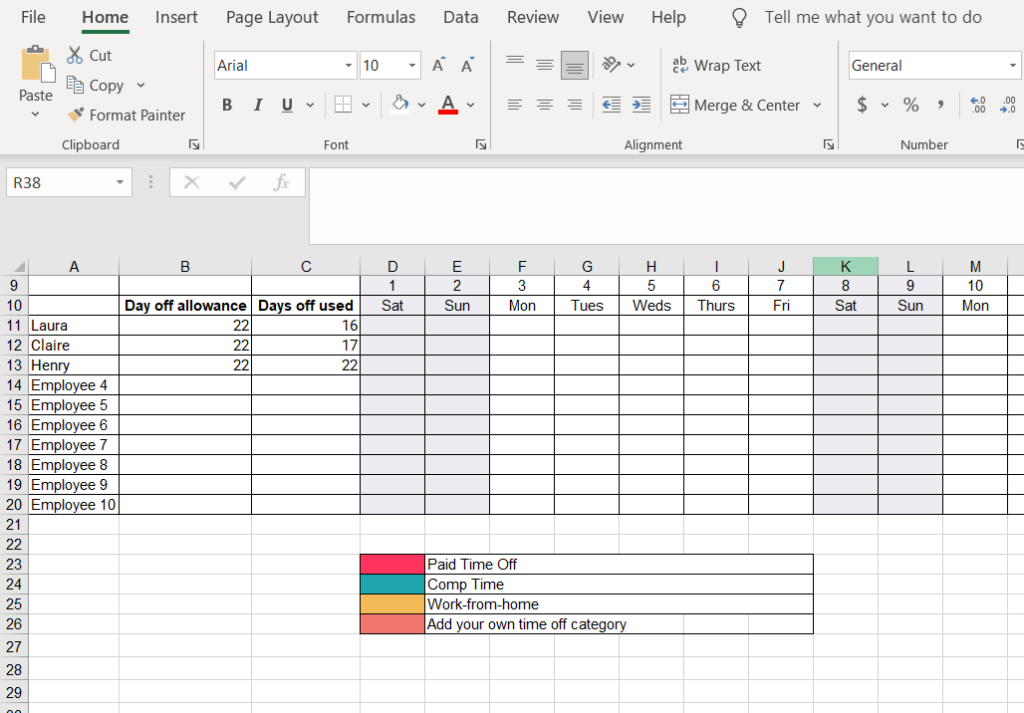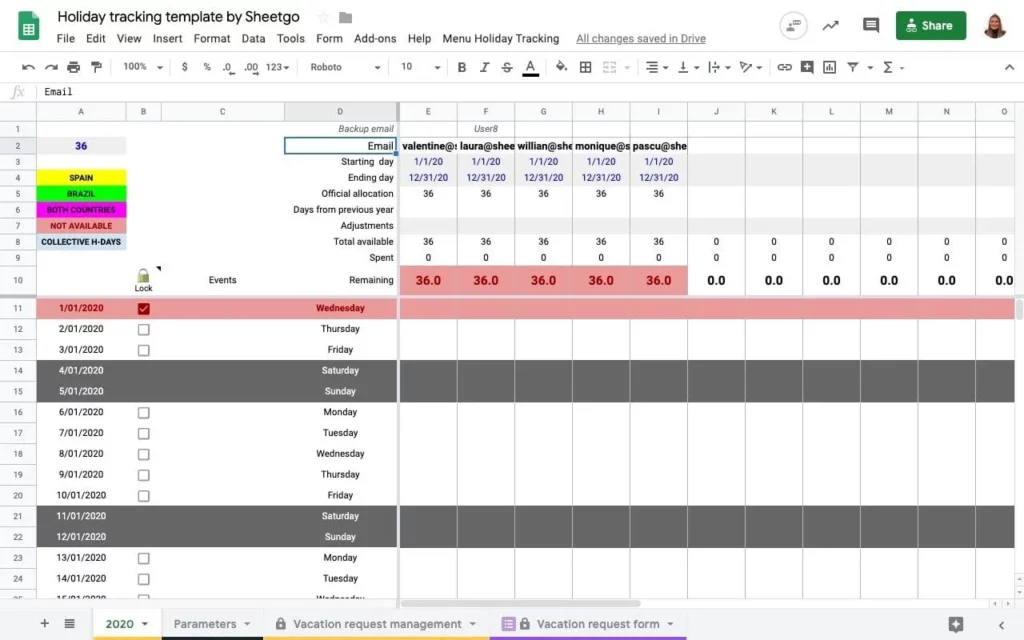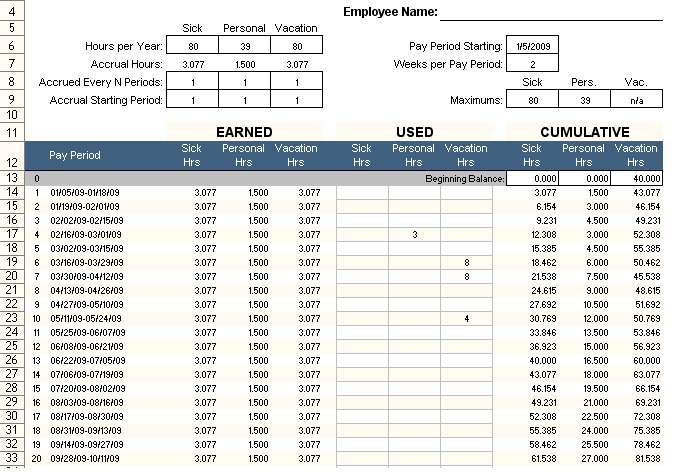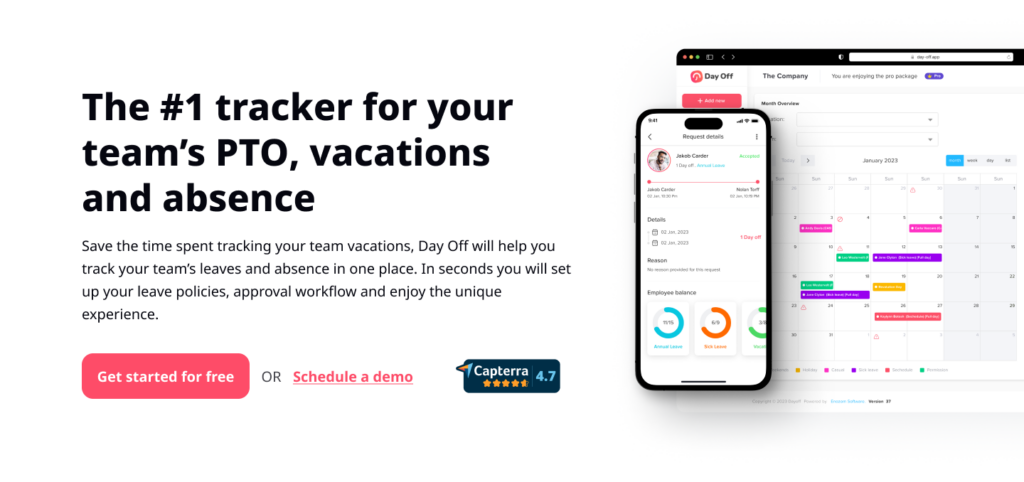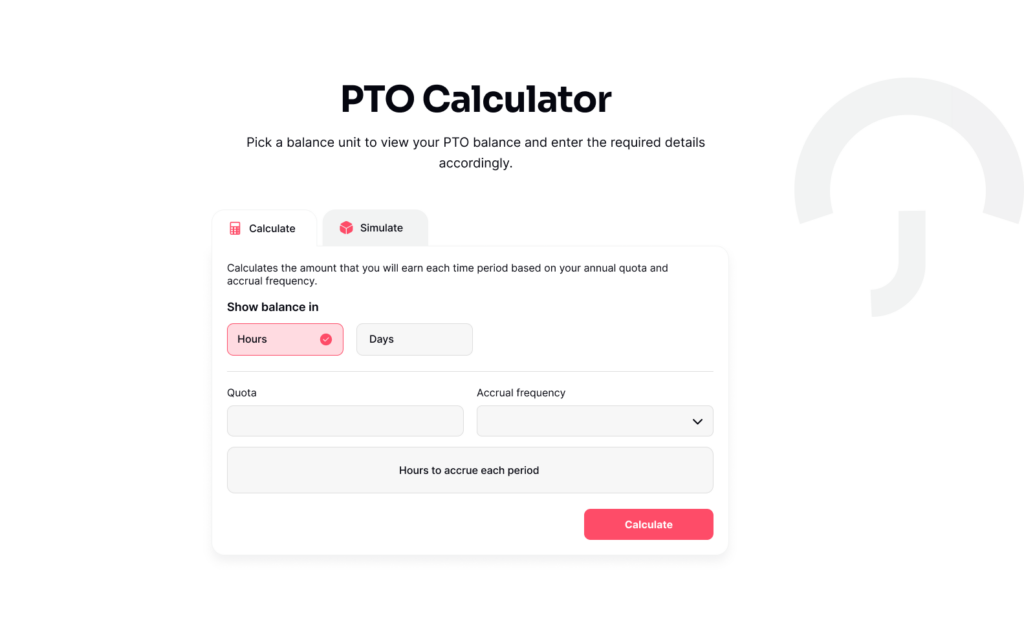The importance of cultivating employee engagement and retention stands at the forefront of organizational success. In an environment where the commitment and productivity of employees are pivotal, their engagement goes beyond mere participation; it shapes a constructive and dynamic workplace atmosphere. This not only bolsters the individual performance but also becomes a cornerstone in achieving the broader goals of the organization.
The essence of this article lies in providing a comprehensive exploration of effective and practical approaches. These approaches are designed to not only boost employee engagement but also ensure their continued association with the organization, thereby fostering a symbiotic growth for both employees and the organization alike. Through this detailed exploration, we aim to equip leaders and HR professionals with the tools and insights necessary to nurture a thriving and resilient workforce in today’s competitive business environment.
Recognize and Reward Contributions:
Employees feel valued when their hard work is acknowledged. Implement a recognition program that celebrates both big achievements and small wins. This could range from verbal praise in team meetings to formal awards. Tailor rewards to individual preferences, whether it’s public acknowledgment, career development opportunities, or tangible rewards.
Example 1: Implement an “Employee of the Month” program where exceptional work is highlighted and rewarded with a special parking spot, a certificate, and a small monetary bonus.
Example 2: Set up a peer-recognition program where employees can nominate their colleagues for weekly shout-outs in team meetings, acknowledging their help or outstanding work.
Offer Professional Growth Opportunities:
A key factor in retaining talent is the opportunity for professional development. Provide employees with chances to learn new skills, attend workshops, and progress in their careers. This not only benefits the employee but also equips your organization with a more skilled and versatile workforce.
Example 1: Provide tuition reimbursement or sponsorships for employees to attend relevant conferences, workshops, or courses that enhance their skills.
Example 2: Develop a mentorship program within the company where experienced employees’ mentor newer or less experienced staff, aiding in their professional development.
Foster a Positive Work Environment:
A positive and inclusive work culture is vital for employee engagement. Encourage open communication, respect diversity, and promote a healthy work-life balance. Organize team-building activities and social events to strengthen relationships among colleagues.
Example 1: Create a wellness room where employees can take short breaks, meditate, or engage in stress-relief activities.
Example 2: Organize regular team-building activities, like outdoor adventures or problem-solving games, to promote teamwork and camaraderie.
Provide Constructive Feedback:
Regular, constructive feedback helps employees understand how they can improve and grow. Foster a culture where feedback is given in a supportive and helpful manner. Equally important is creating channels for employees to voice their feedback about the organization.
Example 1: Conduct regular one-on-one meetings where managers provide individualized feedback on performance, along with guidance on areas for improvement.
Example 2: Implement a 360-degree feedback system where employees receive anonymous, constructive feedback from peers, subordinates, and supervisors.
Empower Employees with Autonomy:
Autonomy in the workplace boosts employee morale and creativity. Empower your staff by giving them the freedom to make decisions in their areas of expertise. Trusting your employees to manage their tasks and time effectively can lead to higher job satisfaction and retention.
Example 1: Allow employees to set their own work hours or work from home, giving them control over their work-life balance.
Example 2: Give team members the lead on projects or tasks, letting them make key decisions and manage the project as they see fit.
Ensure Fair and Competitive Compensation:
Competitive pay and benefits are fundamental for employee retention. Regularly review your compensation packages to ensure they are fair and competitive within your industry. Don’t overlook the importance of benefits like health insurance, retirement plans, and flexible working options.
Example 1: Regularly benchmark salaries against industry standards and adjust compensation packages to remain competitive and fair.
Example 2: Offer performance-based bonuses or profit-sharing plans to financially reward employees for their contributions to the company’s success.
Invest in Employee Wellness:
Employee wellness should be a priority. Invest in programs that promote physical, mental, and emotional well-being. This can include gym memberships, mental health days, and resources for stress management.
Example 1: Provide a company-sponsored health and wellness program that includes gym memberships, health screenings, and nutritional advice.
Example 2: Introduce mental health days in addition to regular days off, giving employees time off for mental health and relaxation.
Engage in Effective Communication:
Transparent and open communication builds trust and helps employees feel more connected to the organization. Keep employees informed about company news, changes, and their potential impact. Encourage a culture where opinions are valued and heard.
Example 1: Hold monthly town hall meetings where executives update employees on company news and plans, and openly address employee questions and concerns.
Example 2: Create an internal communication platform where employees can easily share ideas, collaborate on projects, and stay informed about company updates.
Tailor Strategies to Individual Needs:
Remember that each employee is unique. Be flexible and willing to tailor engagement and retention strategies to individual needs and circumstances. This personalized approach shows employees that they are valued as individuals.
Example 1: Offer flexible working arrangements like part-time, remote work, or flexible hours to accommodate the diverse personal needs of employees.
Example 2: Conduct regular surveys or individual discussions to understand each employee’s career aspirations and work preferences, and tailor development plans accordingly.
BuddiesHR: Employee Engagement Software
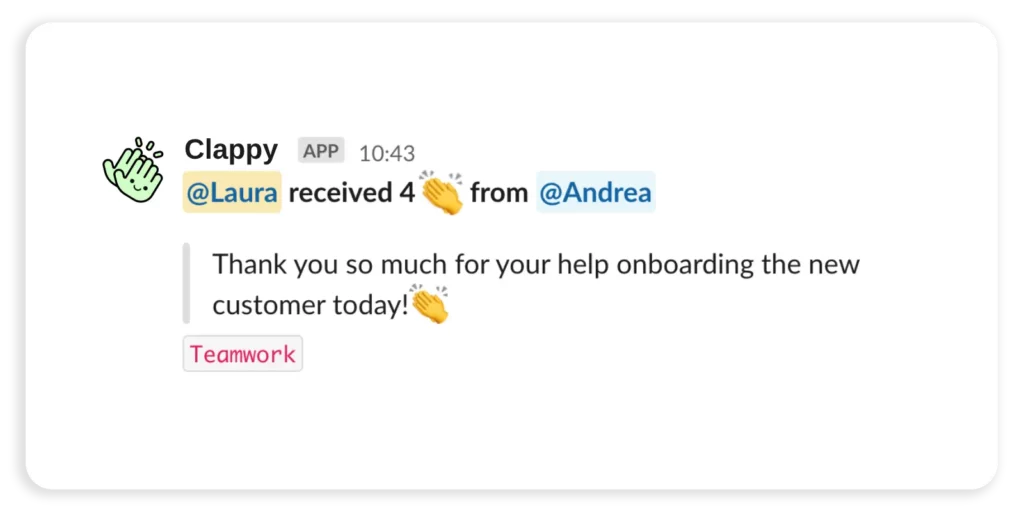
BuddiesHR is a comprehensive employee engagement platform designed to integrate seamlessly with Slack, aiming to foster a positive and cohesive company culture. The platform offers a suite of modular applications, each targeting specific aspects of employee interaction and engagement:
Alfy: Facilitates random coffee chats among colleagues, promoting informal interactions and strengthening team bonds.
Billy: Automates the celebration of employee birthdays and work anniversaries, ensuring special occasions are acknowledged and celebrated.
Clappy: Enables peer-to-peer recognition by allowing team members to give kudos, thereby fostering a culture of appreciation.
Pulsy: Provides tools for conducting surveys, polls, and eNPS assessments, ensuring that employee feedback is easily gathered and addressed.
Linky: Helps maintain an up-to-date organizational chart and employee directory, clarifying roles and team structures.
Stany: Assists in running asynchronous stand-up meetings, facilitating status updates and the sharing of blockers without the need for real-time meetings.
Ticky: Simplifies time tracking by allowing employees to log hours directly within Slack, streamlining project and client time management.
The Importance of BuddiesHR
Each of these applications is designed to be modular, allowing organizations to select and implement the tools that best suit their specific needs. This flexibility ensures that companies can build a customized engagement strategy that aligns with their unique culture and operational requirements.
BuddiesHR emphasizes affordability, offering competitive pricing plans to make their tools accessible to organizations of all sizes. The platform has received positive feedback for its ease of use and the value it brings to enhancing workplace culture. Notably, it has been featured by Slack and has garnered high ratings on platforms like G2, reflecting its effectiveness in improving employee engagement and satisfaction.
By integrating BuddiesHR into their Slack environment, companies can proactively cultivate a more connected, motivated, and productive workforce, ultimately leading to better business outcomes.
Frequently Asked Questions (FAQ): Employee Engagement & Retention
What’s the single most impactful first step to improve engagement?
Start with listening you can act on. Run a short baseline pulse (5–8 questions), share the results within two weeks, commit to 1–2 team-level actions, and report progress monthly. Visible follow-through builds trust faster than any new perk.
How often should we survey employees without causing fatigue?
Use a quarterly pulse (5–10 items) plus an annual deep dive. For change-heavy periods, add brief, targeted polls. Keep feedback loops tight: acknowledge, prioritize, and update, otherwise frequency backfires.
How do we measure engagement beyond survey scores?
Triangulate: eNPS/engagement + behavioral signals (voluntary attrition, internal mobility, promotion velocity, absenteeism, participation in learning/ERGs) + operational outcomes (quality, NPS/CSAT, on-time delivery). Trends matter more than single points.
What’s the difference between engagement and satisfaction?
Satisfaction = contentment with conditions (pay, tools).
Engagement = discretionary effort, purpose alignment, willingness to advocate and stay. You need both; high satisfaction without engagement risks complacency, while high engagement without satisfaction risks burnout.
How do we align engagement work with business goals?
Tie initiatives to 3–5 people OKRs (e.g., reduce regrettable attrition from 15% → 10%; increase internal fill rate from 30% → 45%). Every program, recognition, learning, wellness—should ladder to one of these outcomes.
What’s a practical recognition system that scales?
Combine peer kudos (real-time, public), manager milestones (project completions), and values-based awards (monthly/quarterly). Cap points or budgets, automate via Slack/Teams, and rotate spot-award committees to avoid bias.
How do we prevent recognition from feeling like a popularity contest?
Anchor to company values and outcomes, require a short rationale, and monitor distribution. Coach managers to spotlight quieter contributors and behind-the scenes work. Use periodic audits to correct skew.
How do we create real growth paths without big budgets?
Map skill frameworks per role, offer internal gigs/rotations, set quarterly learning goals, and carve out learning time (e.g., 2 hours/week). Pair mentorship with small project leadership opportunities and publicize success stories.
What manager practices most influence retention?
Regular 1:1s (biweekly), clear expectations, actionable feedback, advocacy for career moves, and fair workload planning. Train managers on coaching, psychological safety, and difficult conversations; measure them on team health metrics, not just output.
How can we support mental health without overstepping?
Offer confidential resources (EAP/therapy access), normalize usage, add wellness days, and train managers to recognize strain and refer—not to diagnose. Protect privacy and remove career penalties for using benefits.
How do flexible work and autonomy impact engagement?
Autonomy increases ownership and creativity. Define guardrails (core collaboration hours, response SLAs), provide great async tools, and evaluate output—not presence. Revisit norms quarterly to avoid drift.
What’s the role of compensation in engagement?
Pay must be market-fair and consistent. Engagement programs can’t offset chronic under-market pay or inequity. Benchmark annually, fix compression, and tie a slice of variable pay to team outcomes and values-aligned behaviors.
How do we tailor strategies to individuals without creating chaos?
Use individual development plans (IDPs), flexible benefits (e.g., stipends customizable for learning/wellness/childcare), and manager discretion within documented ranges. Communicate the principles so flexibility feels fair, not arbitrary.
What onboarding practices boost long-term retention?
Start pre-day-1, assign a buddy, deliver a 90-day plan, schedule cross-functional intros, and measure time-to-productivity. Celebrate early wins; gather a 30/60/90 feedback loop to fix onboarding debt quickly.
How should we handle underperformers without hurting morale?
Be clear, kind, and fast. Set expectations, provide coaching and resources, and use time-boxed performance plans. Teams disengage when poor performance lingers without consequence.
How do we use BuddiesHR effectively in Slack without creating noise?
Define channels for each module (e.g., #kudos, #pulse), set posting cadences, and summarize weekly highlights. Use opt-in notifications, thread kudos to reduce clutter, and rotate moderators to keep engagement lively but focused.
How do we maintain anonymity in surveys while enabling action?
Aggregate at safe team sizes (e.g., ≥5 respondents), suppress free-text identifiers, and communicate anonymity rules upfront. For small teams, roll up to the next org layer and run qualitative sessions separately.
Can gamification help or hurt engagement?
It helps when tied to learning or wellness streaks and team goals; it hurts when it pits colleagues against each other or incentivizes superficial behaviors. Keep rewards meaningful but modest; spotlight learning, not leaderboards.
What’s a sustainable cadence for leadership communication?
Monthly all-hands with Q&A, weekly written updates from execs, and quarterly strategy deep dives. Record sessions, publish highlights, and close the loop on past commitments to build credibility.
How do we retain high performers specifically?
Offer scope growth, visible projects, sponsorship (not just mentorship), accelerated learning budgets, and clear promotion criteria. Conduct stay interviews twice a year to uncover what keeps them, and what might push them away.
What are stay interviews, and how do we run them?
They’re proactive 20–30 minute conversations: what energizes you, what drains you, what would make you leave, and how can we help? Document themes, act on quick wins within two weeks, and revisit commitments later.
How do we build belonging across hybrid and distributed teams?
Design for intentional connection: virtual coffees (e.g., Alfy), cross-team demos, rotating facilitation, and periodic in-person meetups with purpose. Make meeting formats inclusive (time zones, async summaries, recordings, clear agendas).
How can we quantify ROI for engagement initiatives?
Estimate cost of regrettable attrition avoided (recruiting + ramp + lost productivity), tie engagement improvements to customer outcomes and quality metrics, and track reductions in absenteeism and rework. Compare to program and tool costs.
How do we avoid initiative overload?
Create a single roadmap, sunset low-impact programs, and run A/B pilots before scaling. Use a quarterly stop/keep/start review with employee reps to focus on what actually moves the needle.
What governance keeps engagement fair and consistent?
Form a cross-functional people council (HR, Ops, Finance, ERG leads). Set policies, review data quarterly, audit equity (pay, promotion, recognition), and publish a brief scorecard to the company.
How should we integrate recognition, surveys, org charts, and time tracking in Slack?
Use BuddiesHR modules intentionally:
-
Clappy for kudos (values-tagged).
-
Pulsy for pulses/eNPS with action trackers.
-
Linky to keep roles and reporting clear (reduces friction).
-
Ticky for light time tracking where needed.
Set owners for each module and measure participation and impact.
How do we keep remote meetings engaging?
Shorten to 25/50 minutes, circulate pre-reads, assign roles (facilitator, note-taker, timekeeper), and end with decisions and owners. Use async for updates and reserve live time for discussion and decisions.
What legal or compliance pitfalls should we watch?
Be careful with data privacy (survey anonymity, health data), equal opportunity in programs and rewards, and wage/hour laws for recognition that could be construed as compensation. Partner with Legal early for scalable guardrails.
How do we support managers who are overwhelmed?
Provide playbooks, templates for 1:1s, feedback scripts, and escalation paths. Create a manager community channel, office hours with HRBPs, and a quarterly manager enablement series. Reward great people leadership in performance reviews.
What’s the best way to close the loop after surveys?
Publish top 3 themes, name 1–2 actions per theme with owners and dates, and provide monthly status. Celebrate completed actions and explain deprioritized items with transparent rationale.
How do we handle cultural differences in global teams?
Localize benefits and holidays, rotate meeting times, provide translation/closed captions, and empower regional ERGs. Calibrate recognition norms so appreciation feels authentic across cultures.
What should our 90-day engagement plan look like?
Days 0–30: Baseline pulse, audit programs, quick wins (recognition cadence, manager 1:1s).
Days 31–60: Launch mentorship/pilot rotations, wellness resources, values-based awards.
Days 61–90: Share results, scale what worked, lock quarterly metrics/targets, schedule next pulse.
How can we use analytics to prevent burnout?
Monitor after-hours activity, meeting loads, PTO usage, incident volume, and sentiment. Flag risk thresholds (e.g., <5 days PTO used by Q3, >12 weekly meetings). Nudge managers and normalize recovery (Comp Off, wellness days).
Do small perks still matter?
Yes, as signals. Thoughtful, equitable micro-benefits (book stipends, focus hours, birthday off) reinforce a broader message: we see you and we care. But they can’t replace fair pay or healthy workload design.
How do we re-engage “quiet leavers”?
Run targeted listening sessions, simplify processes that sap energy, pair them with new scopes aligned to strengths, and set clear, near-term wins. If misalignment persists, support dignified transitions, healthy exits also improve culture.
Conclusion
Fostering employee engagement and retention is a continuous process that requires commitment and adaptability. By implementing these strategies, you can create a more motivated, satisfied, and productive workforce. Remember, the key to successful employee engagement and retention lies in understanding and addressing the needs of your employees while aligning them with the goals of your organization.

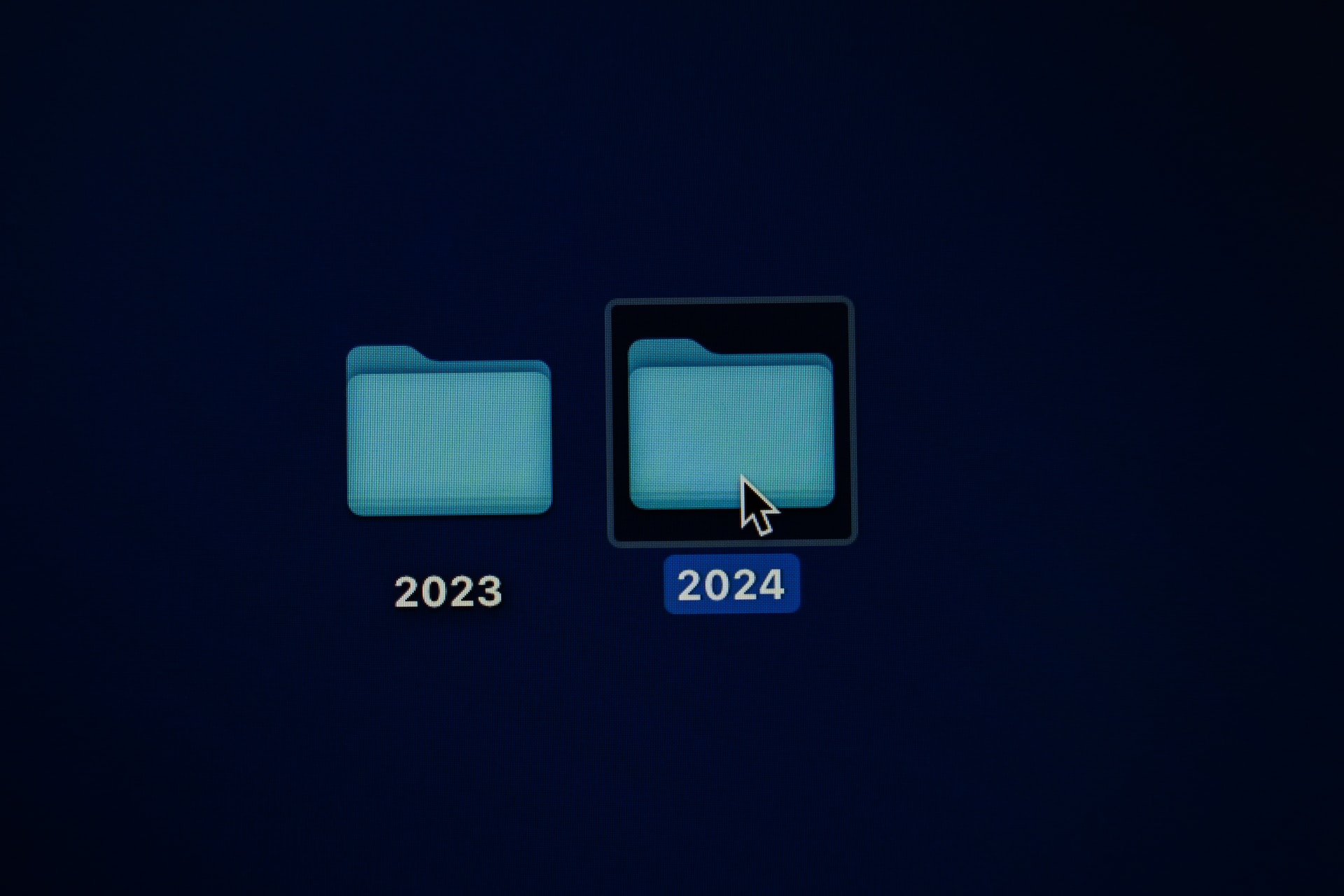


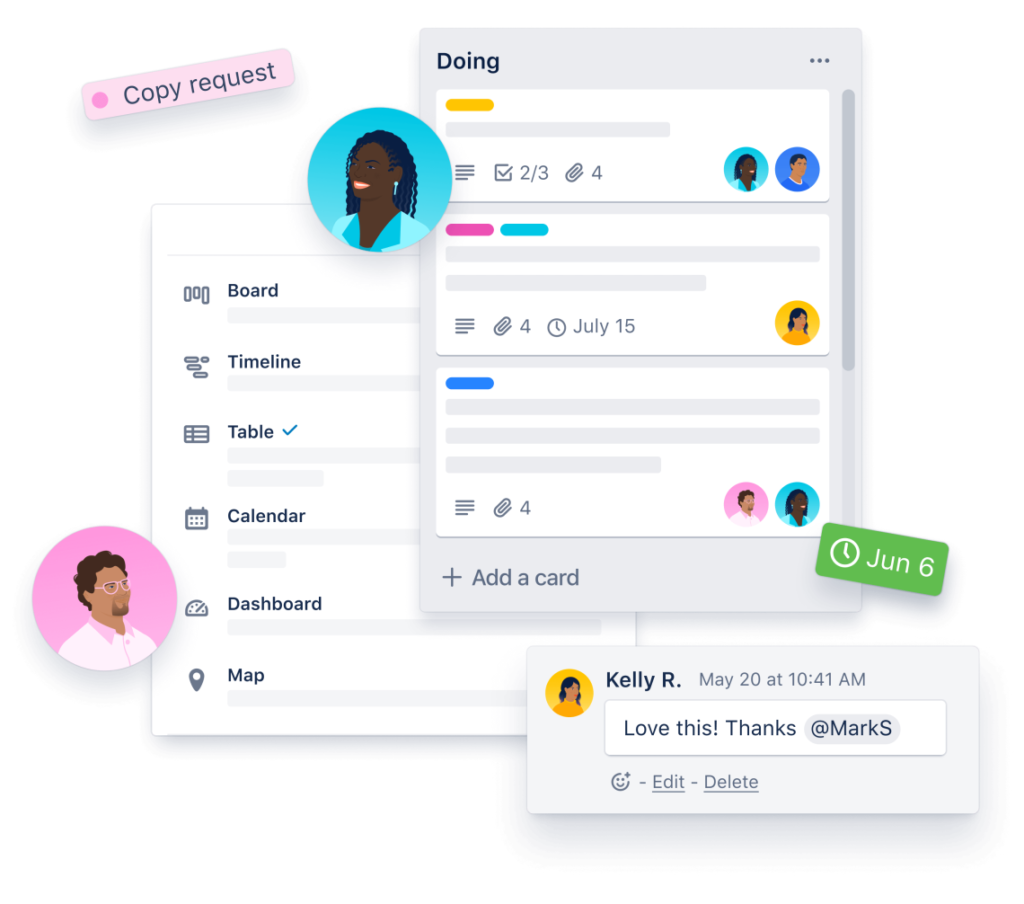
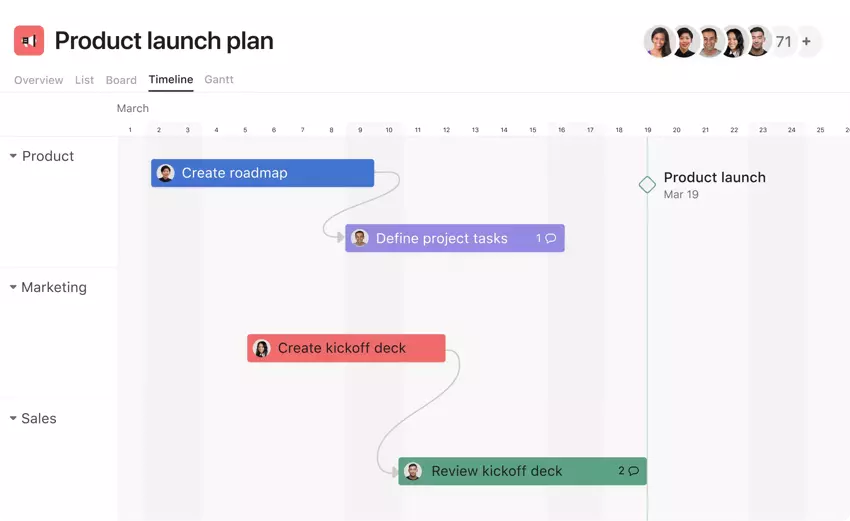 Asana
Asana
